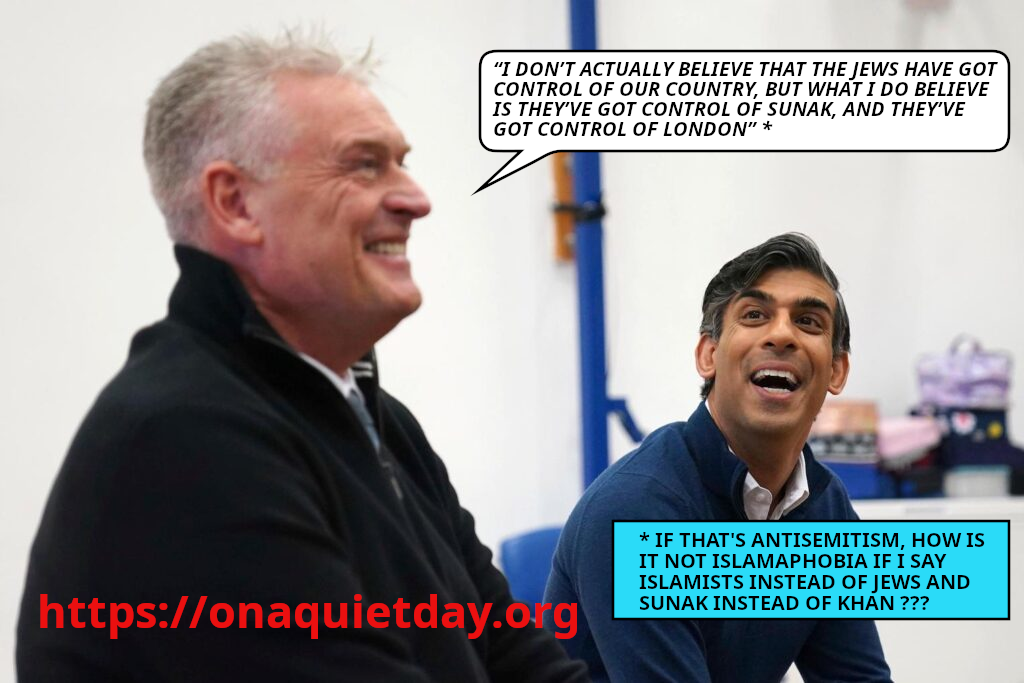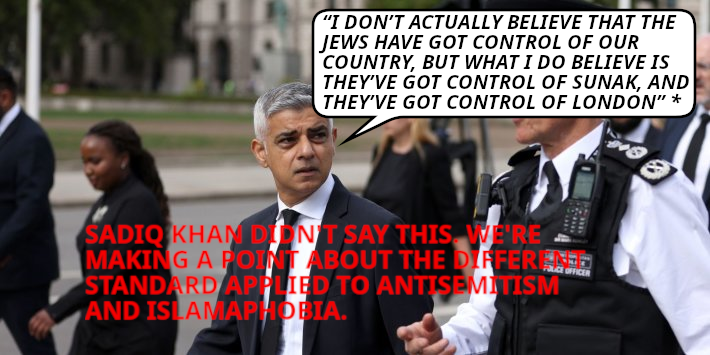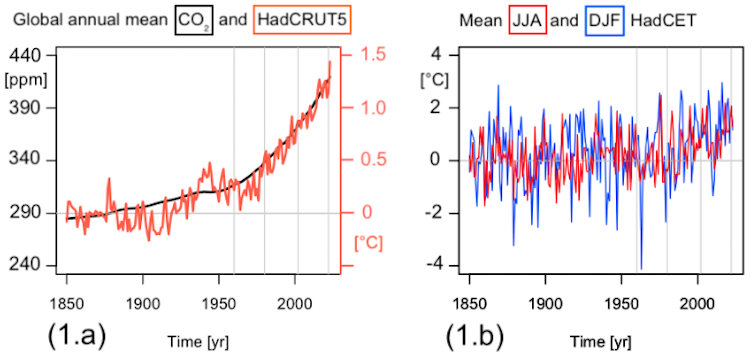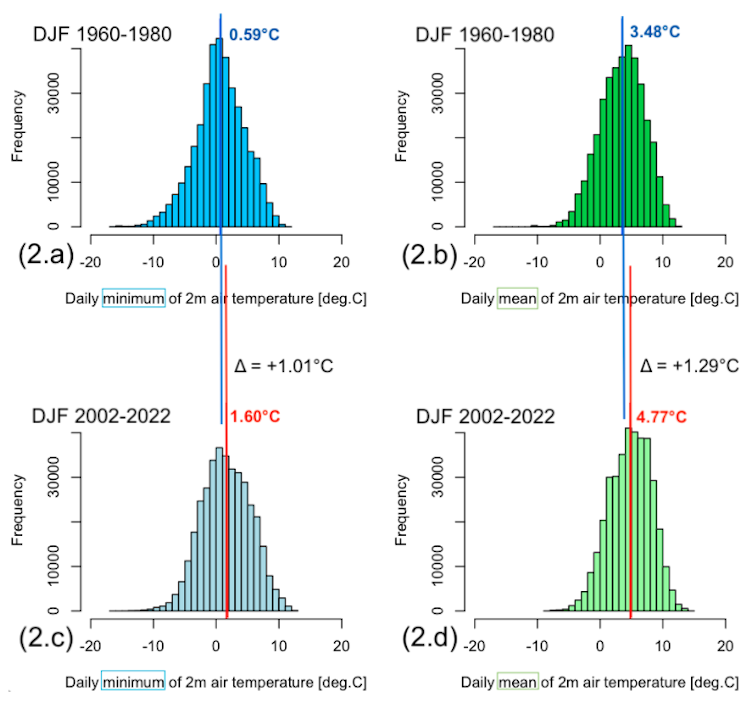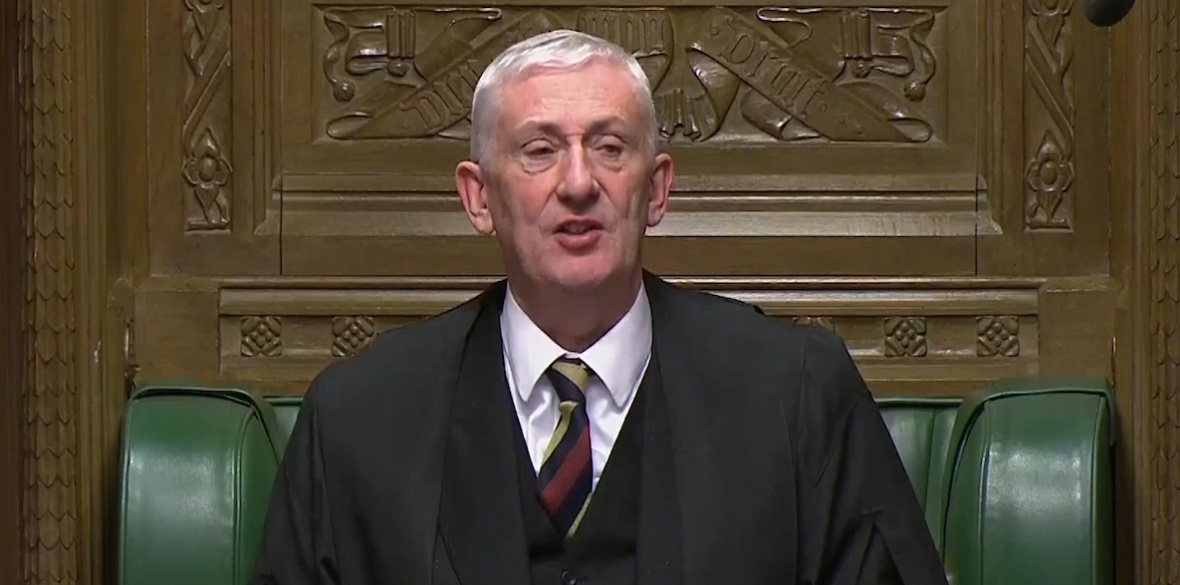UNRWA Chief Accuses Netanyahu of ‘Concerted Campaign’ to Destroy Aid Agency
Original article by JAKE JOHNSON republished from Common Dreams under Creative Commons (CC BY-NC-ND 3.0).
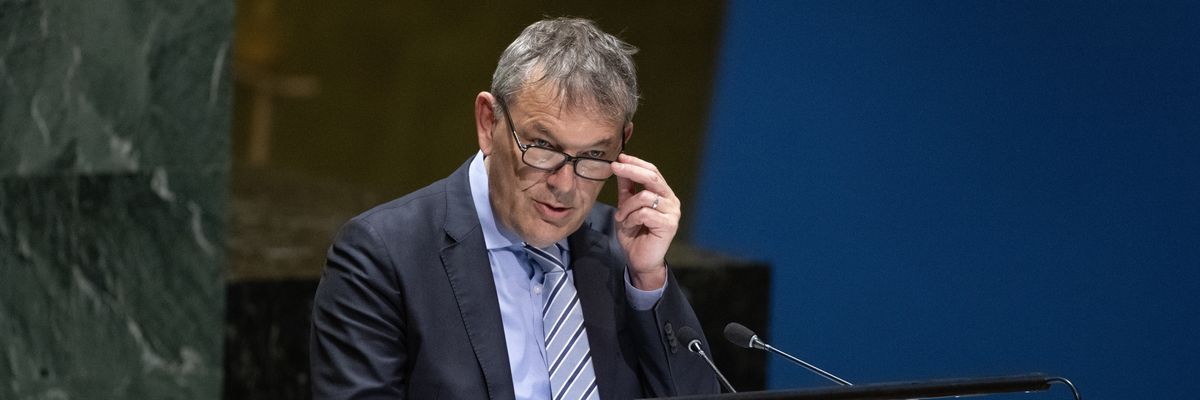
“The implementation of this plan is already underway with the destruction of our infrastructure across the Gaza Strip,” said Philippe Lazzarini, the agency’s commissioner-general.
The head of the United Nations agency for Palestinian refugees told the U.N. General Assembly on Monday that Israeli Prime Minister Benjamin Netanyahu and his allies are intentionally trying to decimate the critical aid body as mass starvation looms in the Gaza Strip.
“UNRWA is facing a deliberate and concerted campaign to undermine its operations, and ultimately end them,” said Philippe Lazzarini, the agency’s commissioner-general. “Part of this campaign involves inundating donors with misinformation designed to foster distrust and tarnish the reputation of the agency. More blatant, is the Israeli prime minister openly stating that UNRWA will not be part of post-war Gaza.”
“The implementation of this plan is already underway with the destruction of our infrastructure across the Gaza Strip,” he continued. “Attempts to evict UNRWA from its headquarters in East Jerusalem, and from a nearby vocational training center for Palestine refugee youth, are underway. Draft legislation in the Israeli Knesset seeks to prohibit outright any activity by UNRWA on Israeli territory.”
The UNRWA, the most important aid agency operating in Gaza, has long been a target of the Israeli government. But attacks on UNRWA have escalated since October 7, with Israeli forces killing more than 150 of the agency’s employees during its war on Gaza and accusing a small number of the body’s staffers of taking part in the Hamas-led assault on southern Israel.
The Israeli government has not provided any evidence to support its claims, but the allegations alone led more than a dozen countries—including the United States—to suspend aid to UNRWA, putting its operations in Gaza and across the Middle East at risk of total collapse.
Last month, the U.S. Senate passed legislation that would prohibit any U.S. funding for UNRWA.
On Monday, the Israel Defense Forces (IDF) claimed—again, without providing evidence—that 450 of UNRWA’s 30,000 employees are “military operatives in terror groups in Gaza.”
Lazzarini noted Monday that he swiftly terminated agency staffers accused of playing a role in the October 7 attack and that an independent probe into Israel’s accusations was launched by the U.N. Office of Internal Oversight Services.
“Despite these prompt and decisive actions, and the unsubstantiated nature of the allegations, 16 countries have paused their funding, totaling $450 million,” said Lazzarini, thanking the countries that maintained or boosted their funding as the agency faced a potentially existential threat. The European Union has also agreed to partially restore funding.
“Thanks to them, the agency, which is the backbone of humanitarian assistance in Gaza, can continue operating and remains a lifeline for Palestine refugees across the region,” he said. “But for how long? It is hard to say. We are functioning hand-to-mouth. Without additional funding, we will be in uncharted territory—with serious implications for global peace and security.”
“I shudder to think of what will still be revealed about the horrors that have taken place in this narrow strip of land.”
Lazzarini said conditions on the ground in Gaza are “impossible to adequately describe” as Israel continues its bombing campaign and blockade, which have prevented badly needed aid from reaching large swaths of the territory.
“Doctors are amputating the limbs of injured children without anesthetic. Hunger is everywhere. A man-made famine is looming,” said Lazzarini. “Babies—just a few months old—are dying of malnutrition and dehydration. I shudder to think of what will still be revealed about the horrors that have taken place in this narrow strip of land.”
Ahead of Lazzarini’s speech to the U.N. General Assembly, a coalition of aid organizations issued a joint statement warning that if “funding suspensions are not reversed, the risk of a complete collapse of the already restricted humanitarian response resulting in preventable loss of lives in Gaza becomes even more likely.”
“Over 1 million displaced Palestinians are sheltering in UNRWA facilities across Gaza,” the groups said. “UNRWA’s 13,000 staff in Gaza far outstrip the collective capacity of the rest of the humanitarian sector in the territory. Their role in the facilitation and delivery of lifesaving humanitarian aid at scale in this crisis has been heroic. UNRWA’s supply of vital shelter, food, and basic services like sanitation, as well as the use of infrastructure by other aid organizations, is irreplaceable.”
Original article by JAKE JOHNSON republished from Common Dreams under Creative Commons (CC BY-NC-ND 3.0).
Majority of Americans Want Halt of US Weapons Bound for Israel: Poll
Poor People’s Campaign to Lawmakers: If You Want Our Votes, Work to End ‘Death by Poverty’
